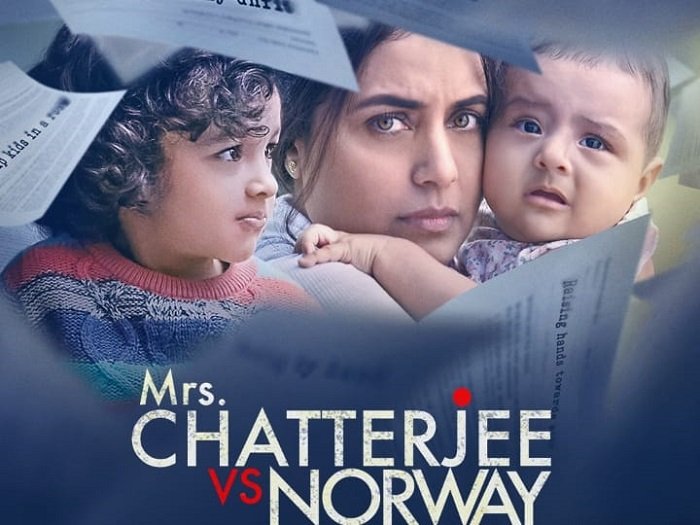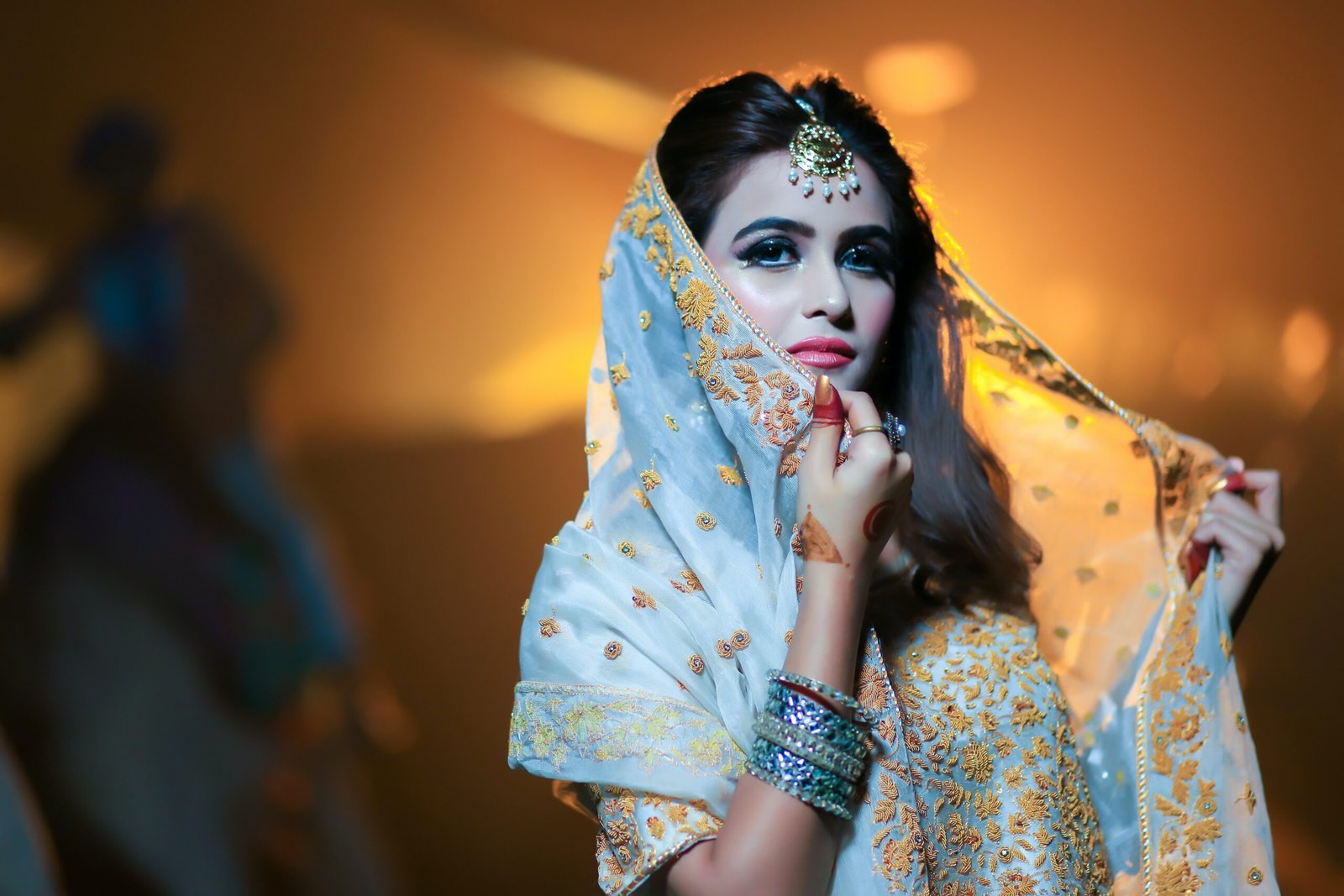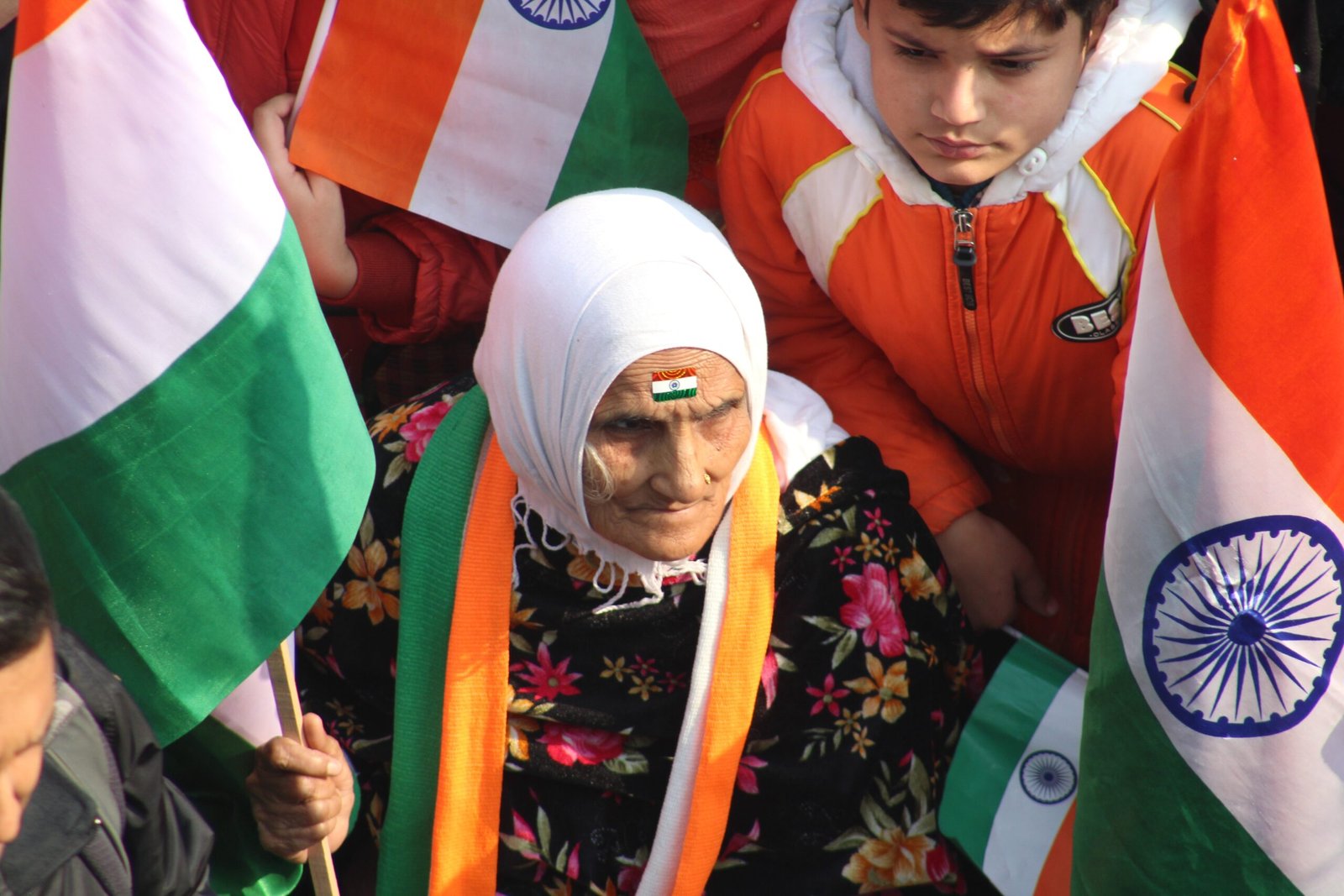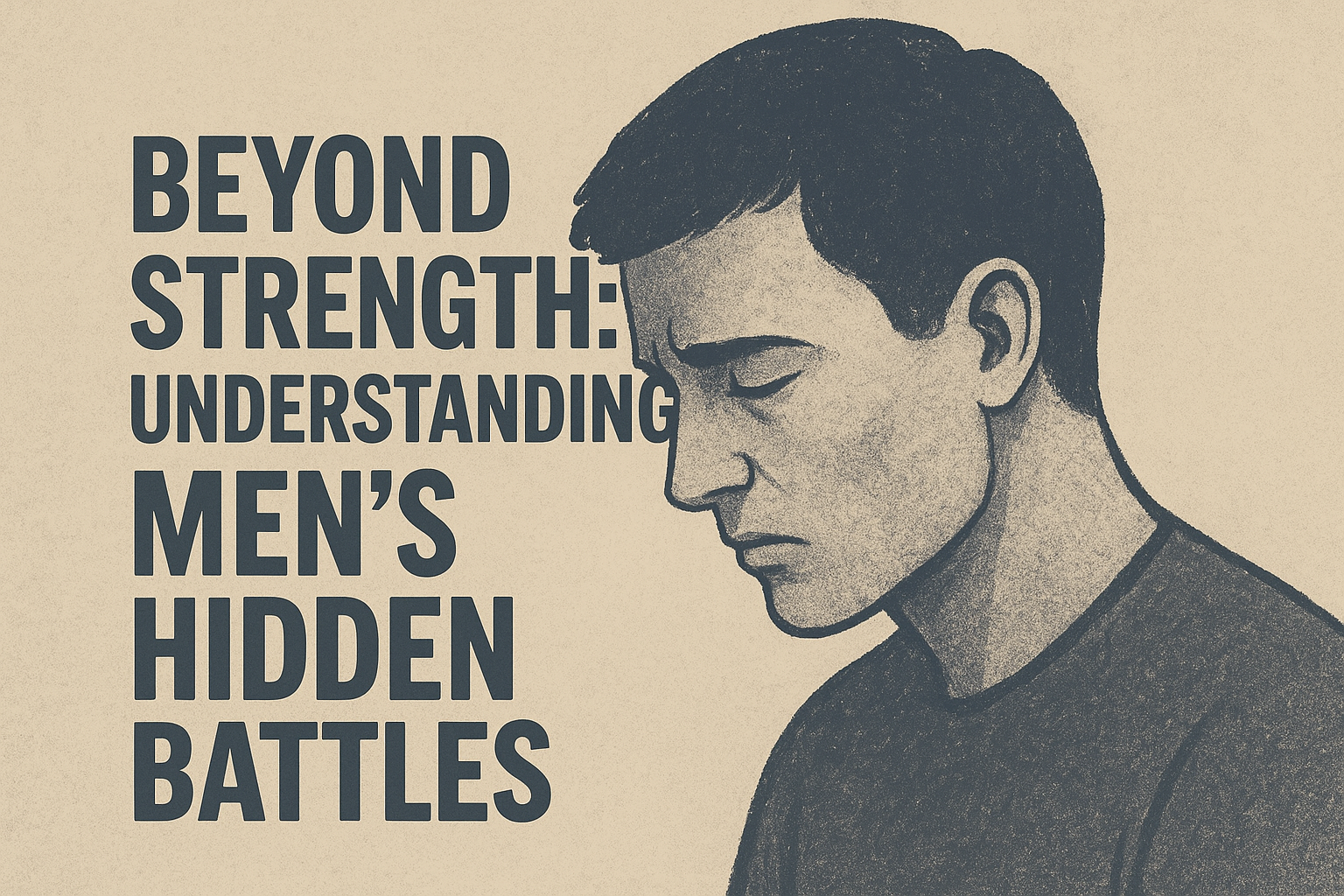God couldn’t be everywhere, so he created mothers. If this is true, then, it goes beyond saying, no one teaches a mother to be a mother, an instinct perhaps natural to her. When a child is born, it gives birth to a mother.
I am not a prolific writer. I am not a cinephile. And most importantly I am not a mother. Yet, often comes a movie which tugs at your heart so that words flow into action.
The film Mrs Chatterjee Vs Norway is based on a true story. Most of us are aware of the case fought by Mrs Sagarika Chakraborty against The State of Norway. It was the battle of a helpless mother for her children. The story has gained immense popularity since the release of the trailer of the film and I needed no excuse to watch it on the day of its release. First-day Last show it was!
It’s all about a mother essayed by Rani Mukherjee who is desperately trying to unite with her children who are separated from her. But why have they been separated from her?
Because she has been
- A bad mother,
- A mad woman
and
- A mentally unstable person as deemed by the law of a country.
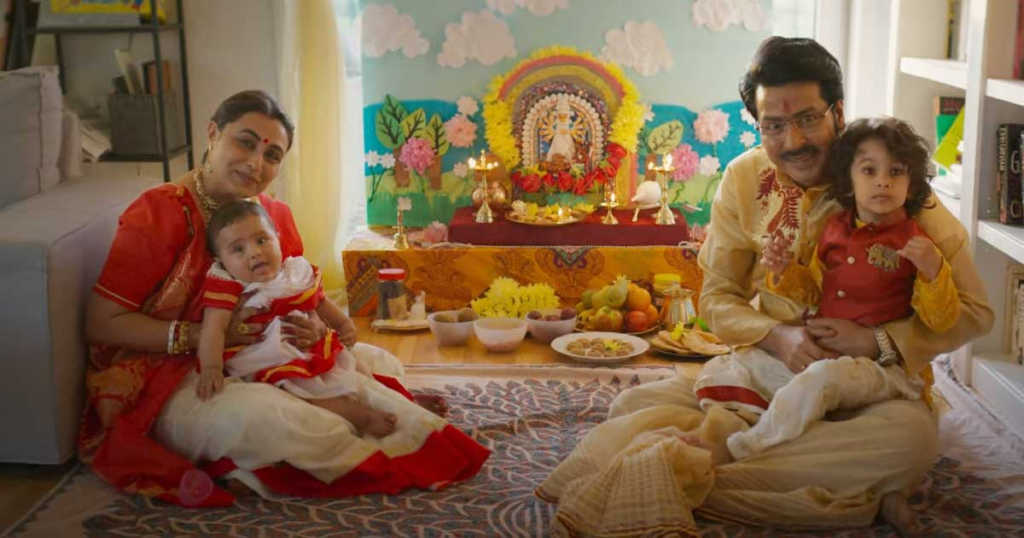
Mrs Debika Chatterjee, the protagonist takes us into the journey of an obedient daughter, a dutiful wife facing domestic violence and a doting mother to her two children. She is the mother to an infant and a toddler. She sings the popular Bengali lullaby ‘Khoka Ghumolo Para Juralo Borgi Elo Deshey….’. The scenes are heartwarming and leave an imprint in everyone’s mind.
As Indians, we are culturally diverse. As children, we were accustomed to being hand-fed by our mothers and grandparents. The tradition of feeding ‘dudh bhaat'(Milk-rice) is something we have all grown up with. A small black dot to ward off evil spirits, that’s a very common ritual and widely believed by most mothers. The utterance of ‘Dugga Dugga’ is to protect the child though it beats the reasoning of science.
We all know the story. Even then, it was an emotional wait until the end. The pace of the story was medium and it did not drag. Every scene, depicting the trials and tribulations till the culmination into a reunion held our attention. Well, Bollywood always dramatises events. But isn’t that the aim of a film? To make it more entertaining.
But here were some missing links!
Domestic violence was supposedly the trigger in this otherwise happy family. That made the authorities decide that the environment is not conducive to the development of children. But where was it shown?
It was not clear whether the entire process of child custody was a scam related to the money involved in it or if it was truly the case of stringent laws in a country culturally much different from ours. Well, we don’t have a view of both sides of the coin.
Anirban Bhattacharya, a popular Bengali actor who debuted with his movie in Bollywood played his role very well. I feel his character was not well-defined. He dwindled between a happy family man and a doting father to an abusive husband, a man whose sole concern was being a Norwegian citizen irrespective of the plight of his children.
The supporting cast also delivered well. The parents from either side and Jim Sarbh as their attorney/ lawyer was convincing.
Rani Mukherjee, the brilliant actress, has portrayed a multitude of roles; the role of the fierce cop Shivani Shivaji Roy in erstwhile Mardaani, or the loving Dr Suhani of Saathiya, Sashi Biswas- the docile wife in Yuva. Here as well, she impresses us with her performance. I remember a scene which connects all the dots of her previous characters.
It shows her stuffing ‘dudh-kola-bhat’ (milk-banana-rice) into her mouth while her parents-in-law chide her. It reminded me of these scenes where the actress would laugh with her mouthful of food.
I think the film might not have a packed audience in the theatre. Many will wait for it to be on an OTT platform. But if you are a Bengali with these cultural instincts ingrained in you, don’t give this movie a miss!

That’s not all. The review will be incomplete if I don’t make a special mention of all the Jamdani sarees in all colours of the rainbow that are worn by Rani. Two shades of yellow saris mark the beginning and end of the movie. It starts with a distraught mother separated from her children who chases the car carrying her children away and then ends up sitting on the streets in a foreign land waiting to reunite with them. Towards the end, it’s the ‘hathe khori’ (a ceremony which introduces young children to education) of her children in front of Goddess Saraswati. This time she has the children on her lap in the comforts of her home in Kolkata, her motherland. All is well that ends as ‘Shubho Shubho’.(auspicious)
This film upholds the plight of many other mothers facing similar circumstances. I hope and pray that no laws of the land act as a barrier between a mother and her children.





